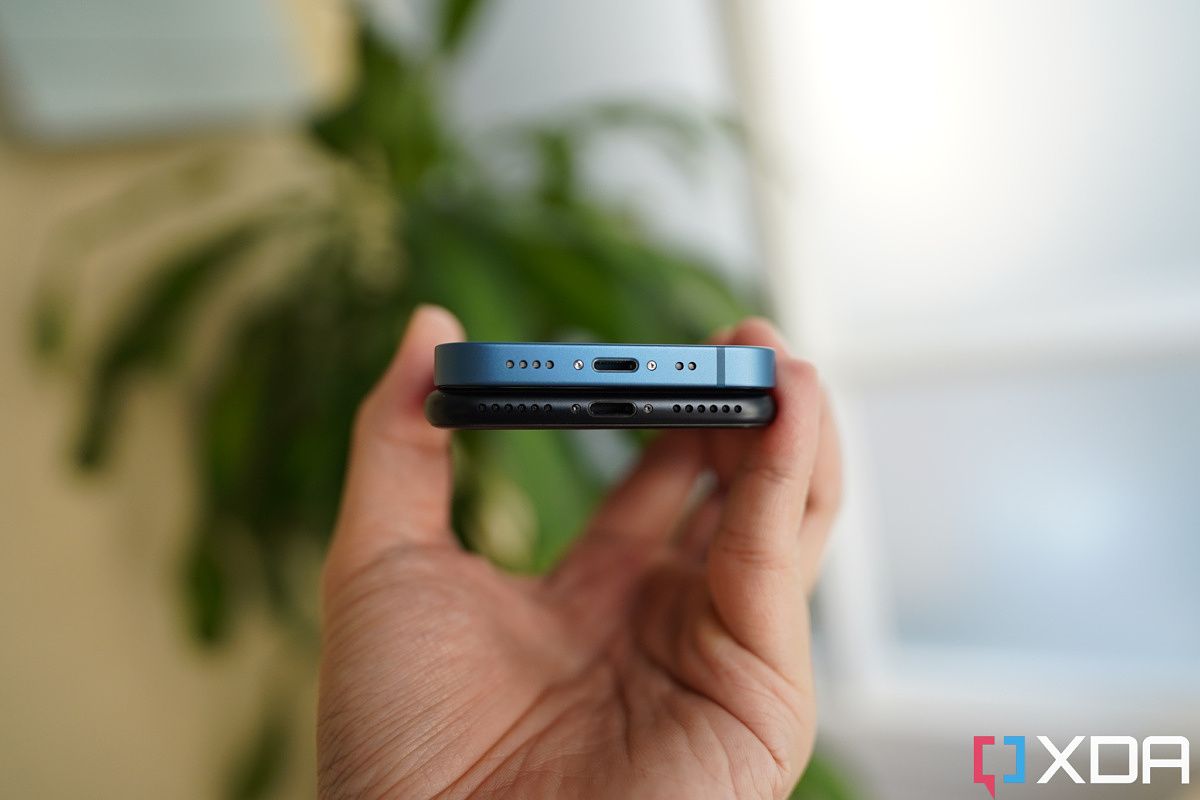Apple introduced the Lightning port over a decade ago. Since then, the company has adopted it on every single iPhone it has released. Whether you buy a recent iPhone or a slightly older one — it will have the Lightning port. While this connector is durable and works, it remains a proprietary solution that isn't as widely adopted as other port types. That's not to mention its limitations, such as slow data transfer speeds.
Now that all recent iPad models have ditched the Lightning port, it appears the iPhone will be following next. In an interview with The Wall Street Journal's Joanna Stern, Apple has confirmed that it will be abiding by the new EU regulations. For those unfamiliar with the matter, phone manufacturers will need to adopt the common charger — USB Type-C — to continue launching new devices in EU countries by the end of 2024.
While Apple hasn't explicitly confirmed whether it's adopting USB Type-C or going portless, it's safe to assume it'll go for the former. We have already heard rumors about the company testing USB Type-C on the upcoming iPhone 15 series. The company could eventually introduce a portless iPhone, but that's not likely going to happen anytime soon.
In the same interview, Greg Joswiak suggested that iPad users asking for a built-in Calculator app can go ahead and download a third-party one from the App Store. Meanwhile, Craig Federighi mentioned that introducing an iMessage app on Android would've been a "throwaway" that "was not going to serve the world." He also highlights that this introduction could've been an obstacle that slows down the innovation of this particular app.
Would you buy a portless iPhone? Why or why not? Let us know in the comments section below.

